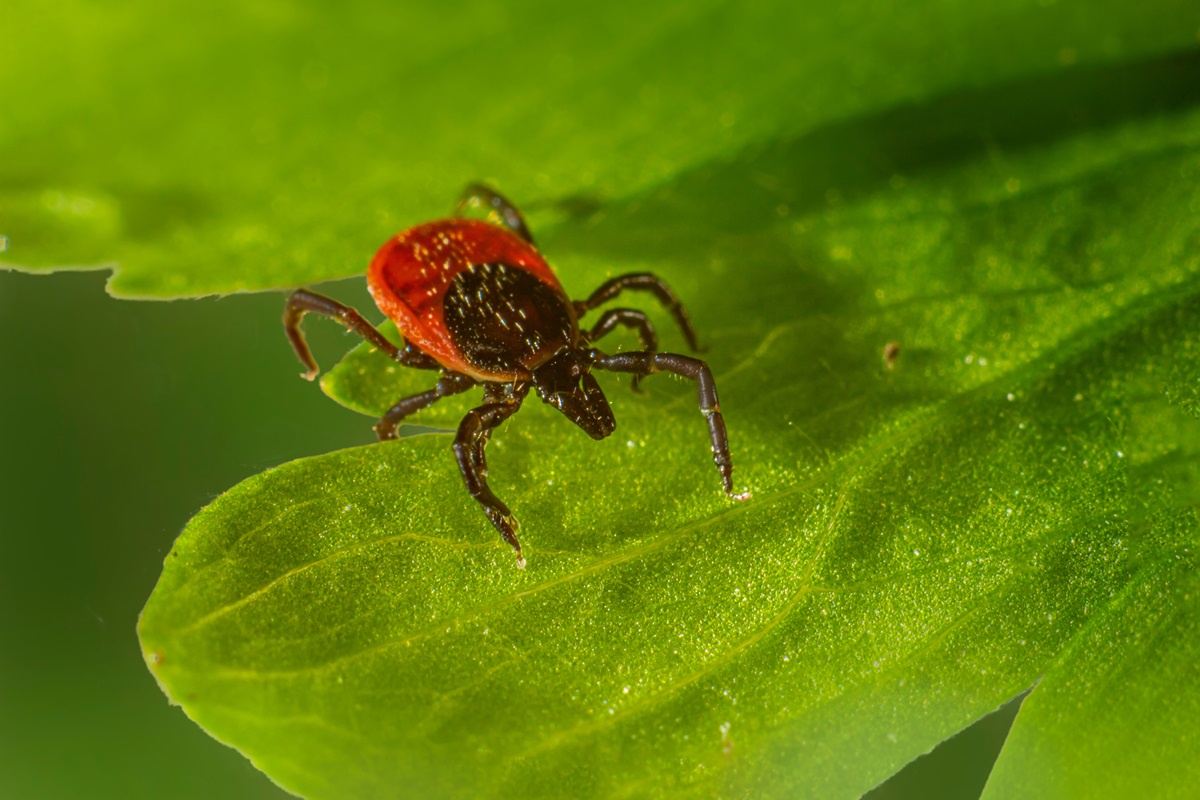Pest control is a critical aspect of maintaining a clean and healthy living environment. Unwanted pests, ranging from insects to rodents, can pose significant threats to your property, health, and well-being. While professional pest control services are effective, there are also various strategies and tips that homeowners can implement to prevent and address pest infestations. In this comprehensive guide, we will explore the ultimate tips and strategies for effective pest control.
1. Keep a Clean Home
One of the first lines of defense against pests is maintaining a clean and tidy home. Regularly clean your living spaces, especially the kitchen, where food crumbs and spills can attract pests like ants and cockroaches. Make sure to sweep, mop, and wipe down surfaces to eliminate potential food sources.
2. Seal Entry Points
Pests can enter your home through tiny cracks and gaps. Inspect your home for potential entry points, including gaps around doors and windows, holes in screens, and cracks in the foundation. Seal these openings to prevent pests from getting in.
3. Remove Standing Water
Stagnant water is a breeding ground for many pests, particularly mosquitoes. Ensure that your property does not have any standing water, such as in clogged gutters or containers left outdoors. Regularly clean and maintain your gutters to prevent water accumulation.
4. Maintain Landscaping
Trim bushes and trees away from your home. Overgrown vegetation can provide hiding spots and access points for pests. Keep a clear space between your landscaping and the exterior of your house.
5. Store Food Properly
Store food in airtight containers to prevent pests from contaminating it. This is especially important in the kitchen and pantry. Make sure to dispose of expired food promptly.
6. Regularly Dispose of Garbage
Dispose of garbage regularly and use a secure container. Pests are attracted to the scent of food waste. Keep outdoor trash cans sealed and clean to deter pests.
7. Clean Pet Areas
If you have pets, regularly clean their living spaces and store pet food in sealed containers. Fleas, ticks, and other pests can infest your pet's area.
8. Monitor for Signs of Pests
Regularly inspect your home for signs of pests. Look for droppings, gnaw marks, damaged furniture, or trails of ants. Early detection can prevent infestations from getting out of control.
9. Implement Natural Pest Control
Consider natural pest control methods. For example, diatomaceous earth is a natural substance that can help control pests like ants, fleas, and bed bugs. It is non-toxic to humans and pets.
10. Use Pest-Repelling Plants
Planting certain herbs and flowers can help repel pests from your garden and home. Lavender, marigolds, and mint are known for their ability to deter pests like mosquitoes and flies.
11. Keep Firewood Away
If you have a fireplace or wood-burning stove, store firewood away from your home. Woodpiles can be a breeding ground for pests like termites and ants.
12. Install Screens and Mesh
Installing screens on doors and windows can help keep pests out while allowing fresh air to flow in. You can also use mesh or netting to protect vulnerable areas like attic vents and chimney openings.
13. Regular Pest Inspections
Consider scheduling regular pest inspections by a professional pest control company. They can identify potential issues and provide preventive measures to safeguard your home.
14. Use Traps and Baits
For minor infestations, consider using traps and baits. There are various options available for different types of pests, including mice, rats, and insects. Be sure to follow the manufacturer's instructions for safe use.
15. Consult a Professional
When faced with a severe or persistent pest problem, it's essential to consult a professional pest control company. They have the expertise and resources to address complex infestations effectively.
16. Pest-Specific Strategies
Different pests may require specific strategies for control. Here are some pest-specific tips:
- Rodents: Use snap traps or electronic traps for mice and rats. Ensure proper sealing of entry points.
- Ants: Identify and eliminate ant nests. Use ant baits to control colonies.
- Termites: Regularly inspect for termite damage, and consult a professional for prevention and treatment.
- Bed Bugs: Wash and heat-dry bedding, vacuum regularly, and consult a professional for thorough treatment.
- Cockroaches: Use roach baits and keep your home clean to eliminate food sources.
Conclusion: Protecting Your Home from Pests
Pest control is a crucial aspect of maintaining a safe and healthy living environment. By following these tips and strategies, you can significantly reduce the risk of pest infestations and keep your home pest-free. While prevention and DIY methods are effective for minor issues, it's essential to consult a professional pest control company when dealing with severe or persistent infestations. Your home and health will thank you for the effort and care you invest in effective pest control.


No comments yet